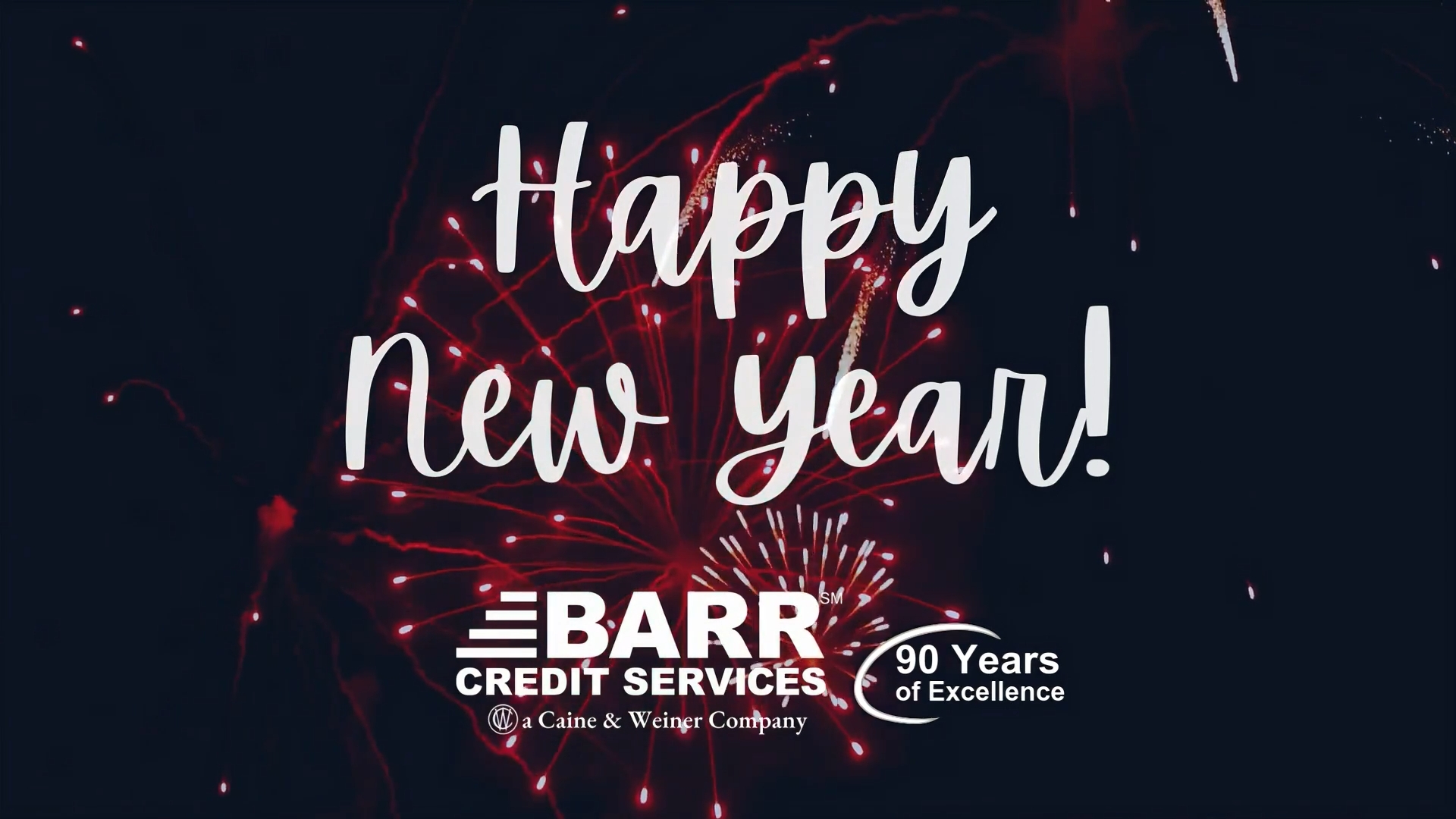Commercial Collection Tools That Improve Your Company’s Cash Flow

Unreliable Debtor Information —
A Headache for Creditors
How can businesses recover on overdue accounts if the debtor’s contact information is unreliable?
The fact is, they can’t, which is why 62% of companies consider unreliable debtor information to be a big problem in their business recovery efforts.
Even in our modern world, with so much information at our fingertips, finding up-to-date contact information continues to be the number-one problem for many businesses, regardless of size. Debtors can be listed under multiple names, so how do you know which one is accurate? If a debtor moves into a third-party location, how can they be reached? What can you do when a debtor business changes its phone number or will not answer calls?
Tools of the Trade
Commercial debt collection agencies understand that the inability to locate a debtor can impact a business’s financial health. The considerable time, effort, and resources required to track down companies that owe money could be better used in growing the business.
Business debt collection professionals have the skills and the technology to recover on overdue accounts quickly. Let’s look at some of the tools these collectors employ.
Skip Tracing
Skip tracing is a process in which collectors search through massive amounts of public and private information to locate a particular debtor. In commercial collections, the credit application is the starting point. From the credit app, the skip tracer can access secondary names, cell phone numbers, email addresses, a second business location, names of vendors and financial institutions used as references, and other individuals involved with the business.
Next, the skip tracer will access the Secretary of State’s database to see if the business is still operating. These records typically include the articles of incorporation, identifying company officers or a registered agent.
If there is a personal guaranty for the business credit, the skip tracer will pursue payment from the individual guarantor. (See “Personal Guarantees” below.) In that case, the skip tracer can access the guarantor’s credit report (with the creditor’s permission).
If the credit report cannot be accessed – or if it’s not current — the skip tracer will begin an extensive internet search for the required information. This search may include:
- Phone number databases
- Credit card applications
- Loan applications
- Uniform Commercial Code (UCC) filings
- Bankruptcy records
- Property records
- Title searches
- Judgment liens
- Tax filings
- Motor vehicle records
While access to these resources must be purchased, a reputable commercial collection agency will cover skip tracing costs as part of the service.
Personal Guarantees
A personal guarantee is a pledge that the business owner, partner, or primary executive will repay the debt if the company defaults on its obligation. It’s always a good idea for businesses to include a personal guarantee in their credit applications.
A signed personal guarantee for the debt makes the guarantor responsible for repayment in the event a company goes out of business. Typical assets used as collateral for a personal guarantee include checking accounts, savings accounts, real estate, and vehicles.
Credit Reports and Credit References
A signed document allowing access to a debtor’s credit report and list of credit references is crucial for any business. Not only does this help determine the debtor’s creditworthiness, but it permits both the creditor and collection agent to review the report and contact references in the event of default.
TLO
TLO (which stands for “The Last One”) is an advanced investigative system used to locate debtors on a broader scale. Earlier, we posed several questions. If a debtor has multiple names, how do you know which one is accurate? If a debtor moves into a third-party location, how can they be reached? How do you handle situations where a debtor changes phone numbers or will not answer calls?
That is where TLO comes in. This online tool can search for a debtor using various combinations of the debtor’s name. Advanced searches also can include business information, court records, and assets. TLO provides the ability to craft a detailed search with minimal information.
Leave It to the Professionals
All of the tools mentioned above require professional expertise to be managed properly. Attempts to obtain debtor information are strictly regulated by both federal and state agencies. Violations of the Fair Debt Collection Practices Act (FDCPA) are serious, costly, and damaging.
[Note: While the FDCPA does not apply to commercial collection practices per se, once a debt is ascribed to a personal guarantor, this federal regulation does apply.]
At BARR Credit Services, we fully comply with the ever-changing regulatory environment, so you never have to worry about violating protection or privacy laws. The BARR Credit professionals can help your company save precious time, money, and resources.
Let us locate those hard-to-find debtors and improve your cash flow so you can focus on growing your business.
Sources:
Featured Image: Adobe, License Granted
WisBar






You must be logged in to post a comment.